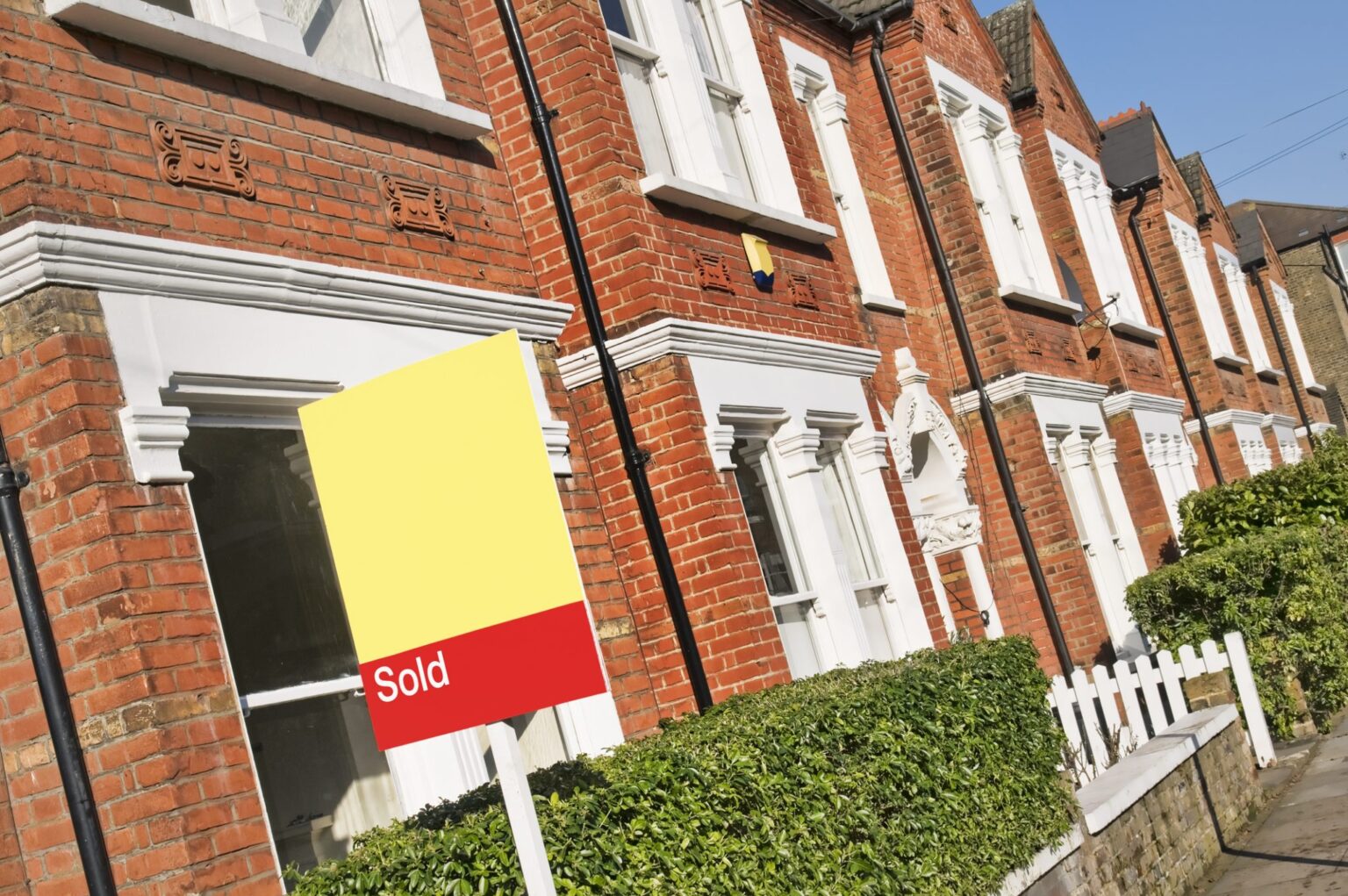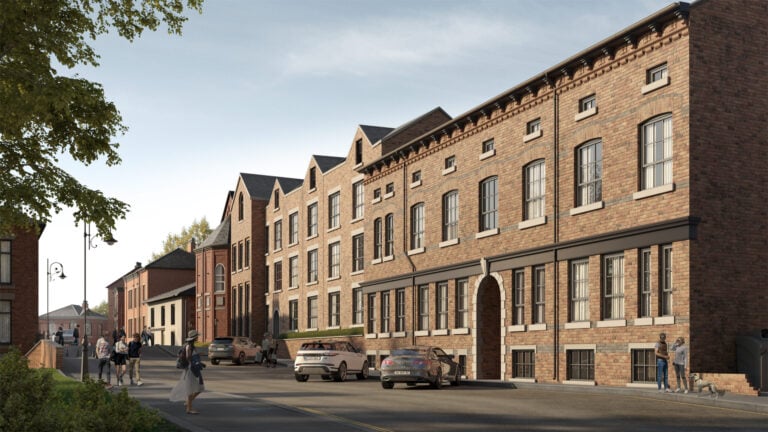The latest house price indices are illustrating the property market is remaining red-hot across the UK. But what is expected for the months ahead?
In recent months, house prices have surged with activity levels in the UK property market continuing to climb. While the different house price indices often reveal contrasting results, the reports are painting a similar picture of just how strongly the market is currently performing.
On course for one of the busiest years
Buyers and investors are still scrambling for properties across the UK. The property market is even on course to have its busiest year since the financial crisis. And 2021 is looking to be one of the top 10 busiest years since 1959, according to Zoopla’s latest House Price Index.
Over 1.5m homes are set to change hands this year, which would be the highest level in 14 years. This is a whopping 45% more than in 2020. The search for space and the stamp duty holiday are leading this strong growth.
Gráinne Gilmore, head of research at Zoopla, says: “Buyer demand looks set to ease as the economy opens up but it will remain elevated compared to previous years, which we anticipate will create one of the busiest sales markets in more than a decade in 2021.”
Buyer interest in properties on the market is 29% higher than last year. A large number of properties are even selling above asking prices. Additionally, house price growth has nearly doubled in the past year as demand continues to outstrip supply.
Annual house price growth in double digits
In the House Price Index by Nationwide, annual house price growth increased to 10.9% in April. This is the most significant growth in almost seven years. The rise has made the average property price £242,832. This is a new record high and increased by £23,930 over the last 12 months.
It’s not only the stamp duty holiday that is keep the property market moving at strong levels. Shifting housing preferences are playing a strong role. This indicates the growth may not end as soon as the stamp duty holiday finishes.
In a survey by Nationwide, 25% of homeowners said they were in the process of moving or considering to move as a result of COVID-19. Among homeowners that were moving home or considering to move, 68% stated they would have even if the stamp duty holiday had not been extended.
The property market has seen a “complete turnaround” in the past year, according to Nationwide’s chief economist Robert Gardner. “Housing market activity is likely to remain fairly buoyant over the next six months as a result of the stamp duty extension and additional support for the labour market included in the Budget, especially given continued low borrowing costs, improving credit availability and with many people still motivated to move as a result of changing housing preferences in the wake of the pandemic.”
“With the stock of homes on the market constrained, there is scope for annual house price growth to accelerate further in the coming months, especially given the low base for comparison in early summer last year.”
Record-breaking average house price
There has been strong house price growth in the past year. House price indices from both Rightmove and Halifax show the national average house price has also reached a record high.
Data from Rightmove revealed the average price of a property coming to the market hit £333,564 in May, which is a new national record. This is 1.8% above the previous all-time high from the month prior. Halifax showed the average house price hit a record high for the second consecutive month in April, reaching £258,204.
Russell Galley, managing director of Halifax, comments: “The influence of the stamp duty holiday will fade gradually over the coming months as it’s tapered out but low stock levels, low interest rates and continued demand is likely to continue to underpin prices in the market.
“However, we do expect recent levels of activity to be sustained over the short-term as buyers continue to search for homes with more space and potentially better suited for their new working patterns. Savings built up over the months in lockdown have given some buyers even more cash to invest in their dream properties, while the new mortgage guarantee scheme may have eased deposit constraints for some prospective homebuyers who previously thought their first step on the housing ladder was a few years away.”










